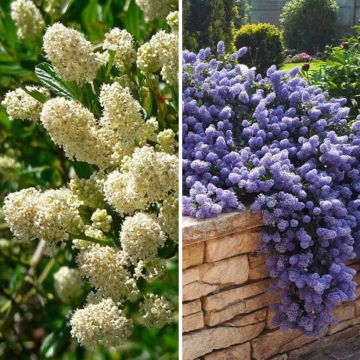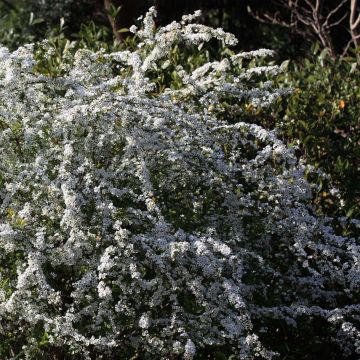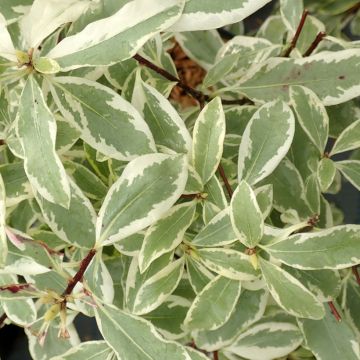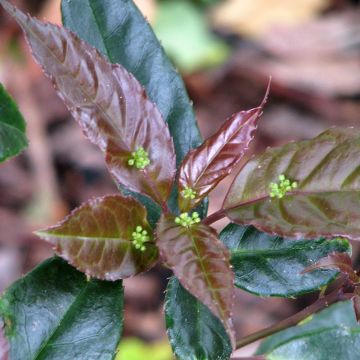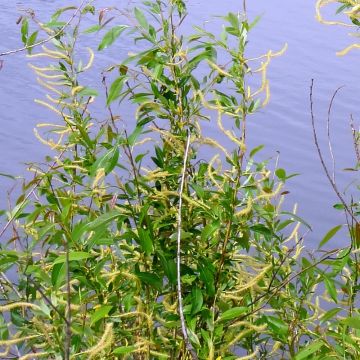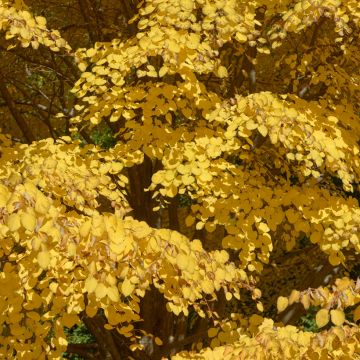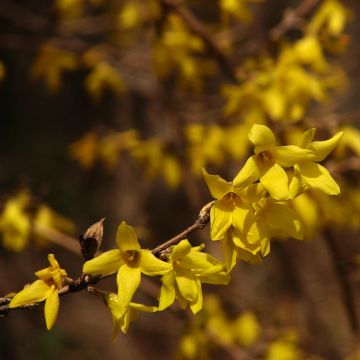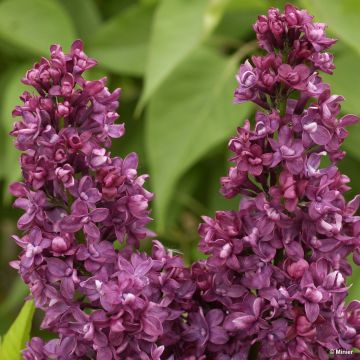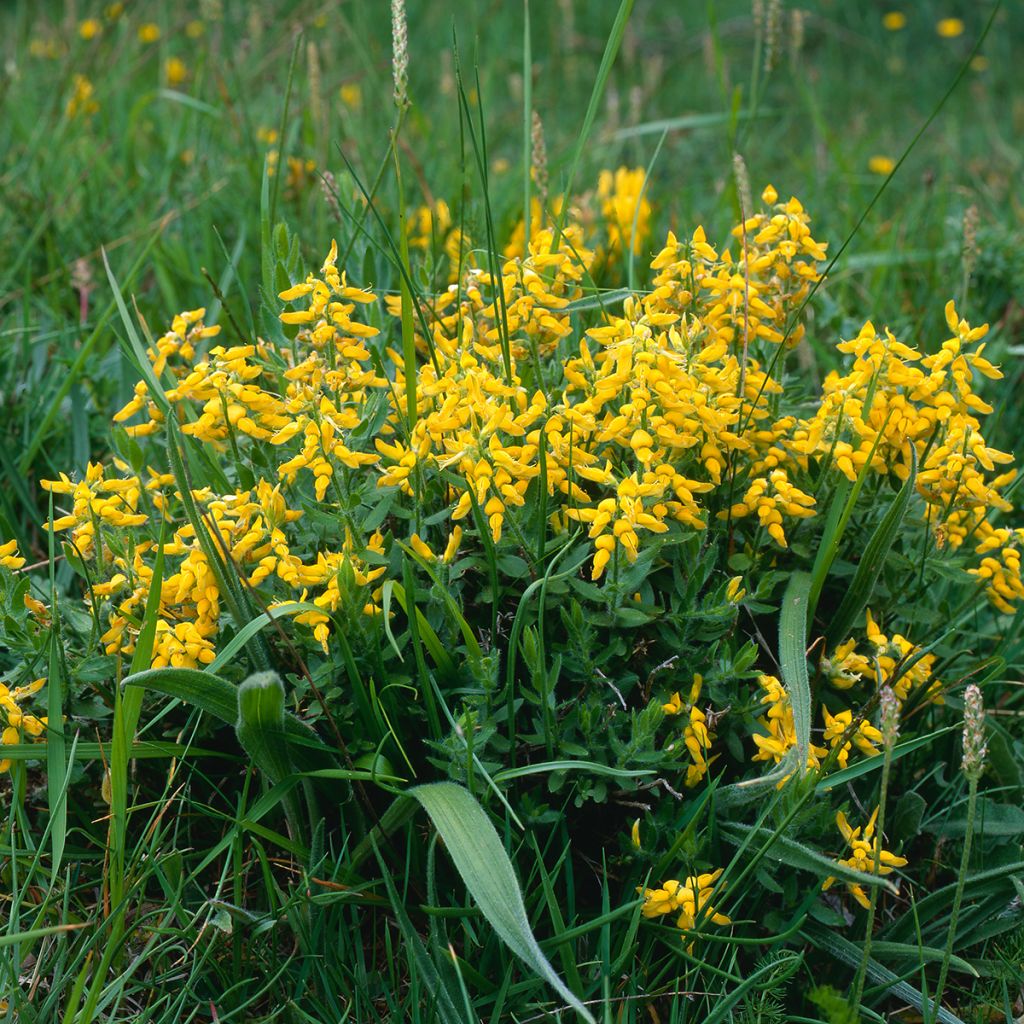

Genista tinctoria Royal Gold
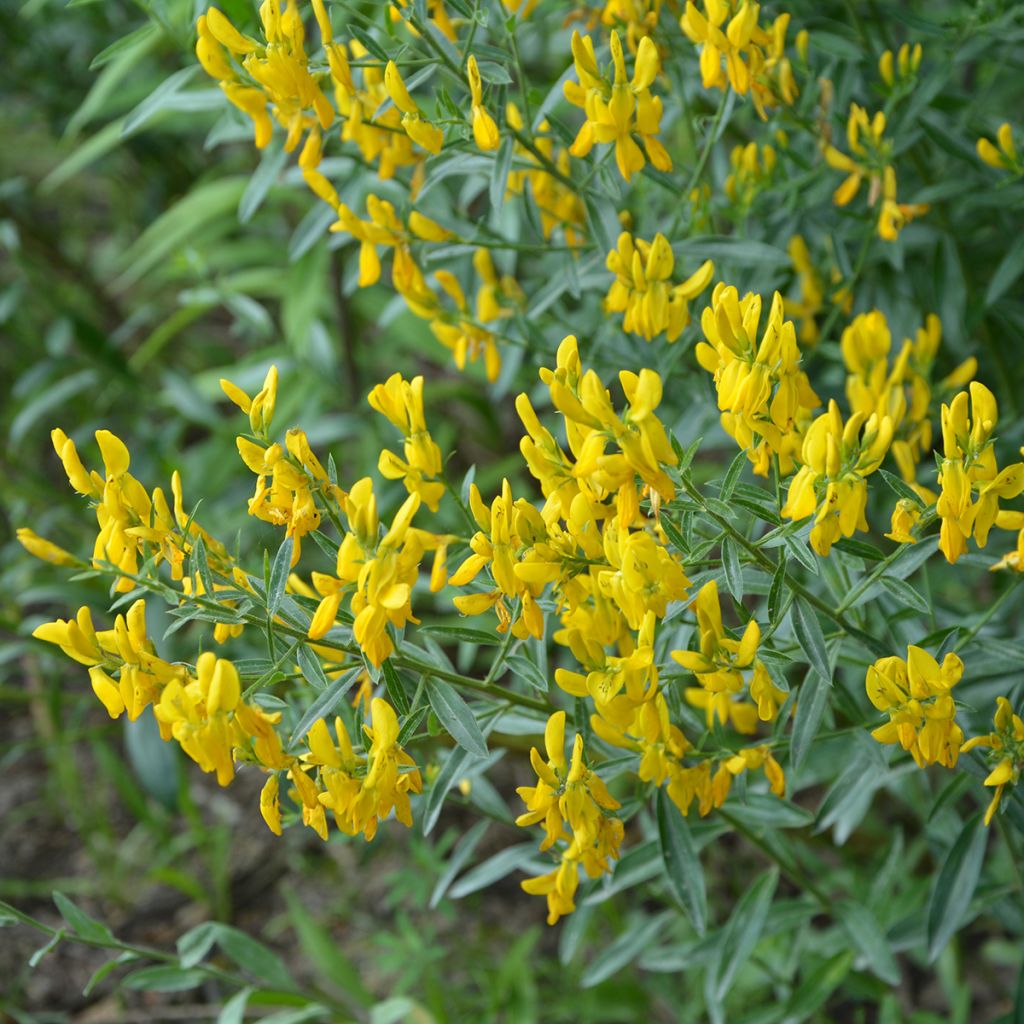

Genista tinctoria Royal Gold
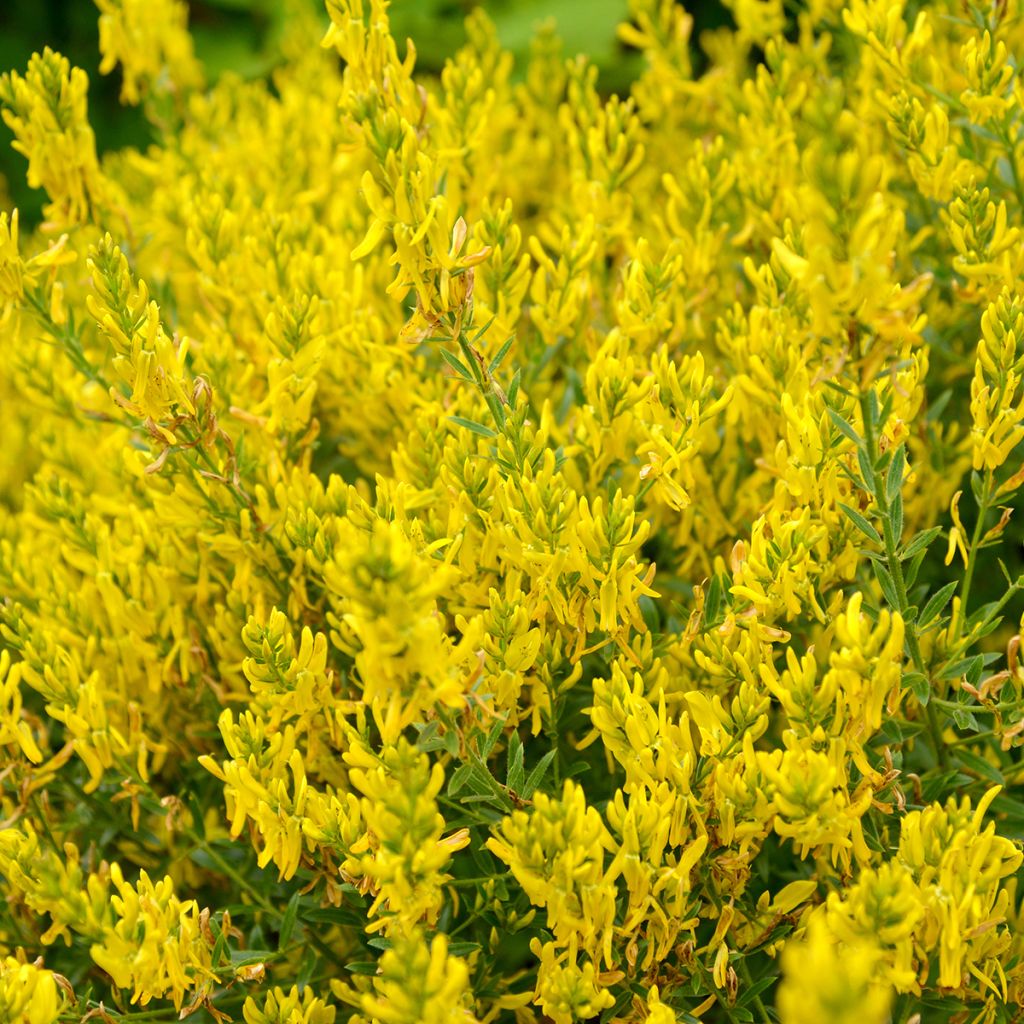

Genista tinctoria Royal Gold
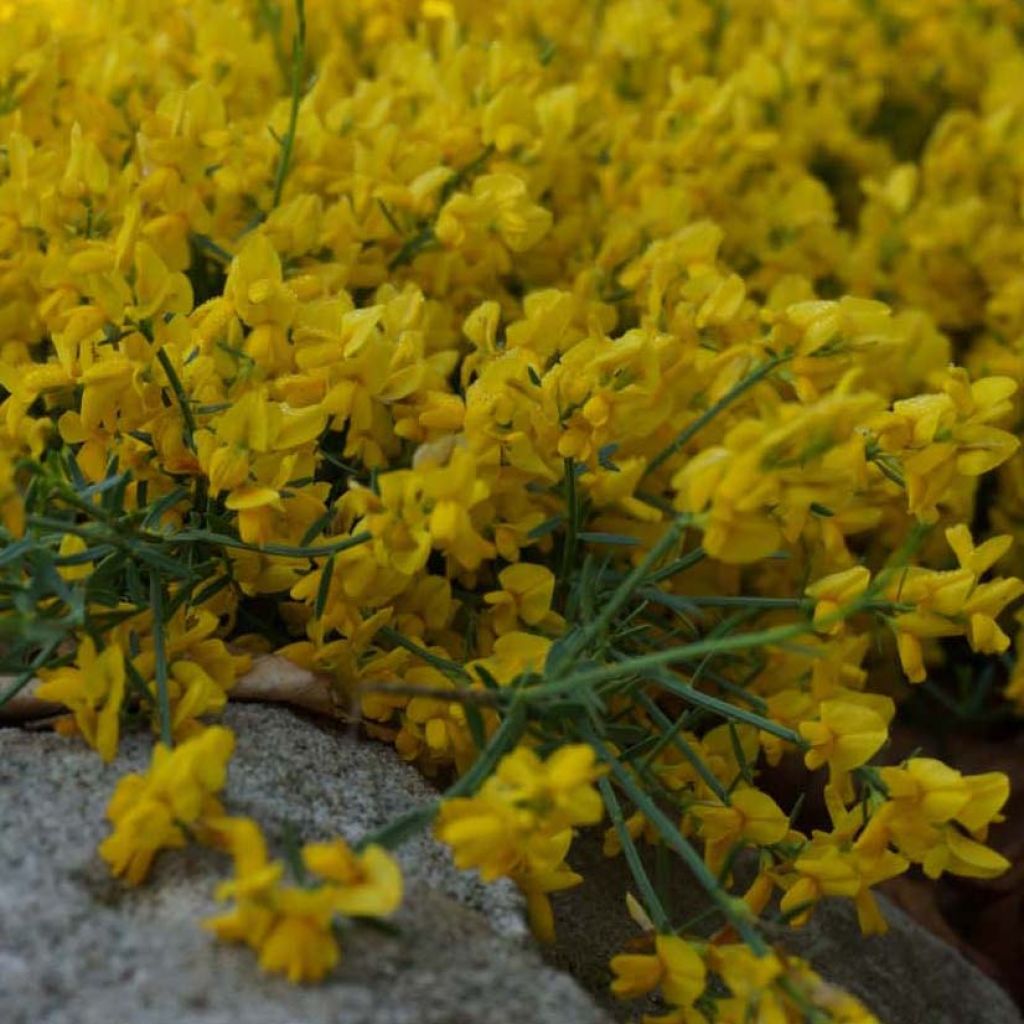

Genista tinctoria Royal Gold
Genista tinctoria Royal Gold
Genista tinctoria Royal Gold
Dyer's Greenweed, Dyer's Broom
Arrived in very good condition. Seems to be holding up well.
Nath c, 20/05/2025
Special offer!
Receive a €20 voucher for any order over €90 (excluding delivery costs, credit notes, and plastic-free options)!
1- Add your favorite plants to your cart.
2- Once you have reached €90, confirm your order (you can even choose the delivery date!).
3- As soon as your order is shipped, you will receive an email containing your voucher code, valid for 3 months (90 days).
Your voucher is unique and can only be used once, for any order with a minimum value of €20, excluding delivery costs.
Can be combined with other current offers, non-divisible and non-refundable.
Home or relay delivery (depending on size and destination)
Schedule delivery date,
and select date in basket
This plant carries a 24 months recovery warranty
More information
We guarantee the quality of our plants for a full growing cycle, and will replace at our expense any plant that fails to recover under normal climatic and planting conditions.

Would this plant suit my garden?
Set up your Plantfit profile →
Description
Genista tinctoria Royal Gold is a compact and very floriferous variety of the dyer's broom. It forms a bush whose dense vegetation truly disappears during a long summer period under a multitude of large, cone-shaped panicles of bright golden yellow. Just like lavenders and Nepetas, with which it associates perfectly in flower beds and rockeries, it craves sunlight and does not fear poor soil. Fairly hardy, it prefers well-drained, poor, not too dry soils.
Most brooms originate from the Mediterranean arc and the Middle East, they tolerate poor soils and generally prefer mild to warm climates. This one, called dyer's broom, common broom, bastard broom or yellowing herb, is no exception to the rule, but it resists cold better than intense droughts. Mediterranean summers, for example, are not suitable for this species native to central Europe and western Asia. However, it is not demanding in terms of soil type and accepts the presence of limestone, without excess.
The 'Royal Gold' cultivar, slow-growing and with weak suckering, will reach about 60cm (23.6in) in height and 90cm (35.4in) to 1m (3ft 4in) in diameter after many years. Its habit is bushy, rounded, dense, slightly spreading. This compact shrub is composed of multiple cylindrical and slightly arched, finely branched, green-coloured stems. They bear deciduous, bright green foliage, composed of tiny oval-lanceolate leaves that often fall with the arrival of summer heat, photosynthesis being carried out by the green stems. The very long and abundant flowering takes place from May to July, in the form of countless upright conical spikes 8cm (3.1in) tall, composed of bright yellow pea-like flowers. It is not uncommon to see a second flowering in September-October.
Genista tinctoria 'Royal Gold' is perfect for filling a large rocky slope, the top of a wall, or even a large border. Also consider using it in a container to decorate the surroundings of your house, for example. Make the most of its yellow flowering by associating it with other varieties of brooms or other shrubs whose flowering is simultaneous, like Lithodora or certain lavenders. You can also use it to extend the flowering period of your flower beds; forsythia blooms earlier, while St. John's wort and white buddleia bloom at the same time, and Afghan sage until October. What is certain is that your Genista tinctoria 'Royal Gold', no matter where you choose to place it in the garden, will bring a wonderful source of light and intense cheerfulness.
Report an error about the product description
Genista tinctoria Royal Gold in pictures
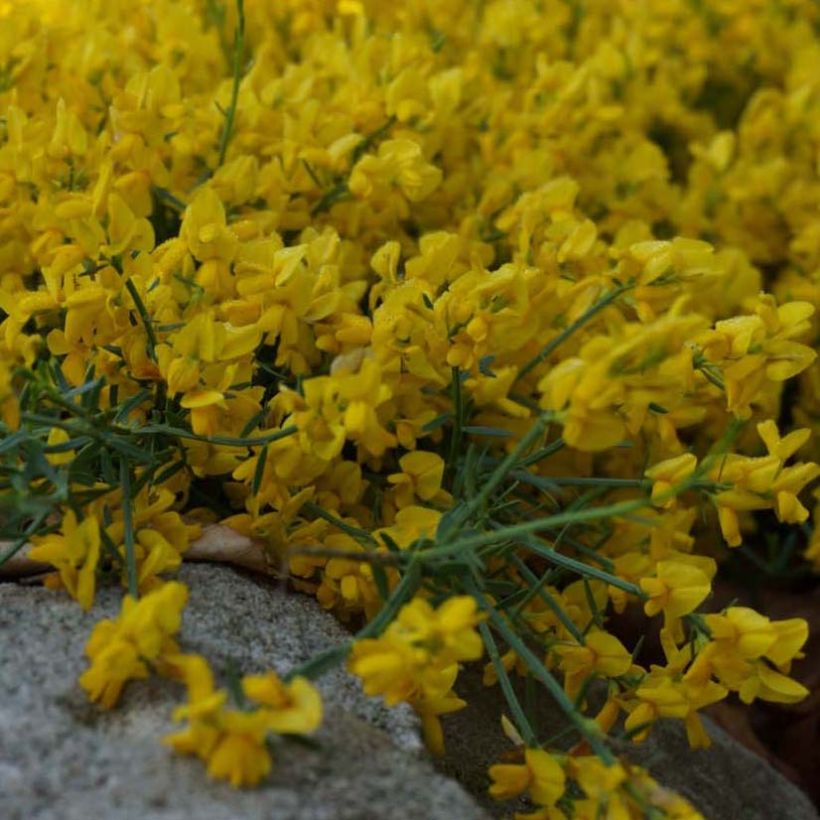

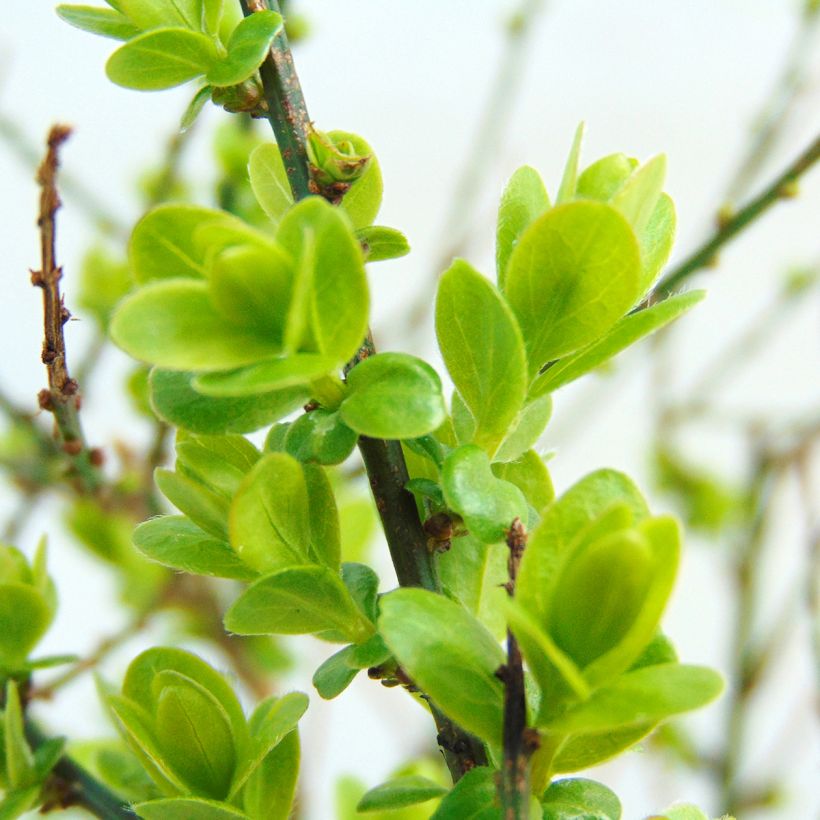

Plant habit
Flowering
Foliage
Botanical data
Genista
tinctoria
Royal Gold
Fabaceae
Dyer's Greenweed, Dyer's Broom
Cultivar or hybrid
Planting and care
Planting your 'Royal Gold' Gensita tinctoria will require a bit of delicacy, as it is a fragile bush when young and its roots do not like to be disturbed. Plant it in full sun, in poor to ordinary but well-drained soil, slightly acidic, neutral, or even slightly alkaline. Ideally, use a mixture of garden soil, coarse sand, leaf compost, and gravel. Make sure to install a drainage pit in heavy and suffocating soils, which are a bit too clayey. Water abundantly at planting to remove air pockets, and regularly thereafter to help the bush establish itself. Water regularly in dry and hot summers. This plant, like many brooms, is not very susceptible to diseases and parasites.
Planting period
Intended location
Care
-
, onOrder confirmed
Reply from on Promesse de fleurs
Similar products
Haven't found what you were looking for?
Hardiness is the lowest winter temperature a plant can endure without suffering serious damage or even dying. However, hardiness is affected by location (a sheltered area, such as a patio), protection (winter cover) and soil type (hardiness is improved by well-drained soil).

Photo Sharing Terms & Conditions
In order to encourage gardeners to interact and share their experiences, Promesse de fleurs offers various media enabling content to be uploaded onto its Site - in particular via the ‘Photo sharing’ module.
The User agrees to refrain from:
- Posting any content that is illegal, prejudicial, insulting, racist, inciteful to hatred, revisionist, contrary to public decency, that infringes on privacy or on the privacy rights of third parties, in particular the publicity rights of persons and goods, intellectual property rights, or the right to privacy.
- Submitting content on behalf of a third party;
- Impersonate the identity of a third party and/or publish any personal information about a third party;
In general, the User undertakes to refrain from any unethical behaviour.
All Content (in particular text, comments, files, images, photos, videos, creative works, etc.), which may be subject to property or intellectual property rights, image or other private rights, shall remain the property of the User, subject to the limited rights granted by the terms of the licence granted by Promesse de fleurs as stated below. Users are at liberty to publish or not to publish such Content on the Site, notably via the ‘Photo Sharing’ facility, and accept that this Content shall be made public and freely accessible, notably on the Internet.
Users further acknowledge, undertake to have ,and guarantee that they hold all necessary rights and permissions to publish such material on the Site, in particular with regard to the legislation in force pertaining to any privacy, property, intellectual property, image, or contractual rights, or rights of any other nature. By publishing such Content on the Site, Users acknowledge accepting full liability as publishers of the Content within the meaning of the law, and grant Promesse de fleurs, free of charge, an inclusive, worldwide licence for the said Content for the entire duration of its publication, including all reproduction, representation, up/downloading, displaying, performing, transmission, and storage rights.
Users also grant permission for their name to be linked to the Content and accept that this link may not always be made available.
By engaging in posting material, Users consent to their Content becoming automatically accessible on the Internet, in particular on other sites and/or blogs and/or web pages of the Promesse de fleurs site, including in particular social pages and the Promesse de fleurs catalogue.
Users may secure the removal of entrusted content free of charge by issuing a simple request via our contact form.
The flowering period indicated on our website applies to countries and regions located in USDA zone 8 (France, the United Kingdom, Ireland, the Netherlands, etc.)
It will vary according to where you live:
- In zones 9 to 10 (Italy, Spain, Greece, etc.), flowering will occur about 2 to 4 weeks earlier.
- In zones 6 to 7 (Germany, Poland, Slovenia, and lower mountainous regions), flowering will be delayed by 2 to 3 weeks.
- In zone 5 (Central Europe, Scandinavia), blooming will be delayed by 3 to 5 weeks.
In temperate climates, pruning of spring-flowering shrubs (forsythia, spireas, etc.) should be done just after flowering.
Pruning of summer-flowering shrubs (Indian Lilac, Perovskia, etc.) can be done in winter or spring.
In cold regions as well as with frost-sensitive plants, avoid pruning too early when severe frosts may still occur.
The planting period indicated on our website applies to countries and regions located in USDA zone 8 (France, United Kingdom, Ireland, Netherlands).
It will vary according to where you live:
- In Mediterranean zones (Marseille, Madrid, Milan, etc.), autumn and winter are the best planting periods.
- In continental zones (Strasbourg, Munich, Vienna, etc.), delay planting by 2 to 3 weeks in spring and bring it forward by 2 to 4 weeks in autumn.
- In mountainous regions (the Alps, Pyrenees, Carpathians, etc.), it is best to plant in late spring (May-June) or late summer (August-September).
The harvesting period indicated on our website applies to countries and regions in USDA zone 8 (France, England, Ireland, the Netherlands).
In colder areas (Scandinavia, Poland, Austria...) fruit and vegetable harvests are likely to be delayed by 3-4 weeks.
In warmer areas (Italy, Spain, Greece, etc.), harvesting will probably take place earlier, depending on weather conditions.
The sowing periods indicated on our website apply to countries and regions within USDA Zone 8 (France, UK, Ireland, Netherlands).
In colder areas (Scandinavia, Poland, Austria...), delay any outdoor sowing by 3-4 weeks, or sow under glass.
In warmer climes (Italy, Spain, Greece, etc.), bring outdoor sowing forward by a few weeks.































